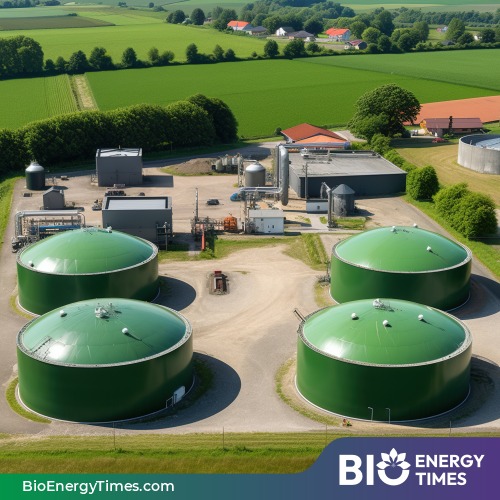Indonesia is turning its attention to seaweed as a central part of its strategy to build a greener economy, with plans to develop the marine commodity into a source of third-generation biofuel. The country, already one of the world’s largest seaweed producers, hopes to tap into more than US$12 billion (Rp195.7 trillion) in economic potential through improved processing and industrial use, reports Indonesia Business Post.
Stella Christie, the Deputy Minister for Higher Education, Science, and Technology, highlighted seaweed as one of 28 critical commodities included in the nation’s broader push for industrial development. However, she acknowledged that limited scientific research has slowed efforts to extract greater value from Indonesia’s seaweed production.
“We are the world’s largest tropical seaweed producer. We must claim this market,” Stella said during the National Symposium “Sumitronomics and the Direction of Indonesia’s Economy,” hosted by Katadata in Jakarta on June 3, 2025.
Asia currently produces 97 percent of the world’s seaweed, with Indonesia outpacing other major producers such as the Philippines, Malaysia, Zanzibar, and China. Biofuel made from seaweed, which is classified as a third-generation renewable energy, is gaining attention for its potential to help cut carbon emissions and improve energy security.
To advance this effort, the Ministry of Higher Education, Science, and Technology is forming international research partnerships. Institutions like Mataram University, University of California Berkeley, Beijing Genomics Institute, and the Indonesian Employers Association (Apindo) are involved in the development of a national seaweed research center.
The idea of industrializing seaweed is not new. In May 2024, then Coordinating Minister for Maritime and Investment Affairs Luhut Binsar Pandjaitan said seaweed downstreaming could create as much as US$19 billion (Rp310 trillion) in economic value by 2030.
In October 2024, Luhut also proposed forming a seaweed task force to integrate the sector into broader strategies for climate change mitigation and blue economy development.
“The UN already has programs on seaweed. So I suggested, why not create a dedicated task force for seaweed? It has a big impact on climate change. This is the key to the blue economy,” he said in a post on Instagram.
As Indonesia continues to shift toward renewable energy and diversify its economy, seaweed may play a central role—not just as a clean fuel source, but also as a driver of sustainable economic growth with global implications.















